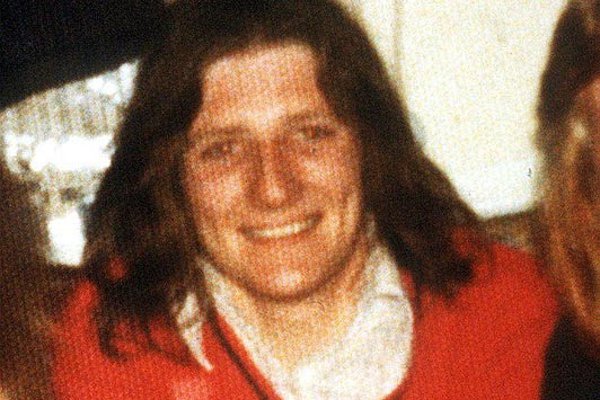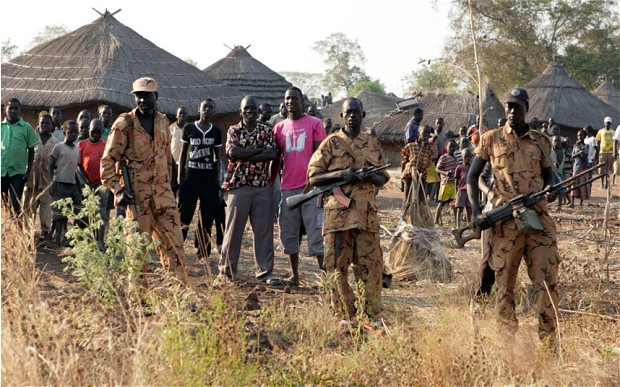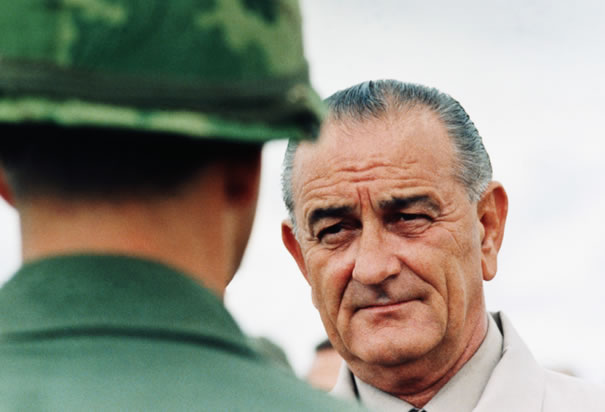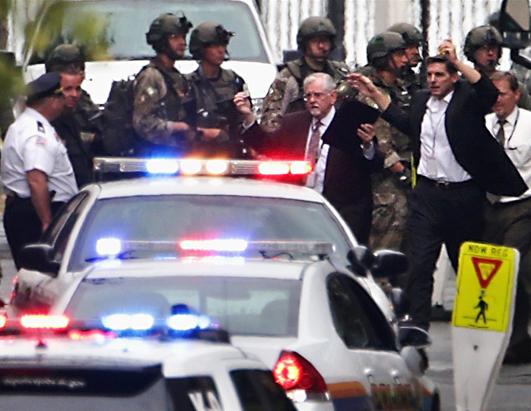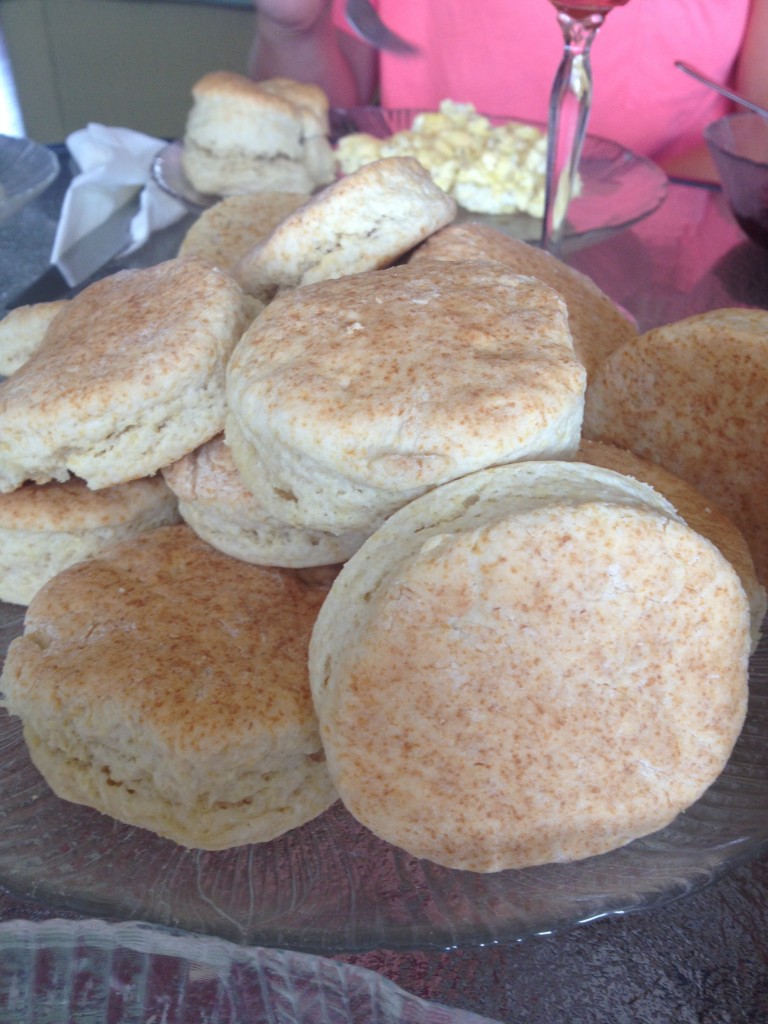Before there was the produce farmer who set himself on fire in Tunisia
Before there was a Pakistani boy who stopped a school bomber
Before there was the Nelson Mandela who set a nation on fire, and then the world
There was Bobby Sands.
Some say it was Sands who influenced Mandela.
Bobby Sands and his words come to mind as children hide in the reeds outside Juba, as their aunties and uncles die trying to cross the river, as their mothers and fathers are gunned down in broad daylight by men the same color as them, fellow countrymen.
Bobby Sands was
A poet
A writer
A social reformist
A community organizer
An International symbol
A political prisoner
Sands spent the last nine years of his life locked up. H-block hell, he came to call it. Those last four years of his life, Bobby Sands was denied access to books, newspapers, any sort of mental stimulation there in the H-Block Hell of Long Kesh.
Of himself, Sands said he was a “working class boy from a Nationalist ghetto, but it is repression that creates the revolutionary spirit of freedom.”
His sin as a boy was being born into a Catholic family. Like the black boys of Juba who made the mistake of being born into a Christian family.
People always find ways to dehumanize one another. It is purely arbitrary, these classifications we construct to rule one over the other.
Whites allowed.
Blacks forbidden.
Muslims in the North
Christians in the South.
Protestants in these schools.
Catholics in those.
Jews, line up there.
Germans, with guns, over here.
It’s difficult imagining the segregation between Protestant and Catholic being so pronounced little boys like Sands were bullied daily. He braved the rocks and bottles thrown his way. Braved it when they kicked him off the team, not because he wasn’t a worthy player, but because his family was Catholic. It crushed him when the boys he had once called friends decided that they could no longer speak to him.
They were Protestant, after all.
In those days, and too often even now, the primary Sunday School lesson for children the world over: It is a sin to mix.
He died in 1981, a young man of 27. “Self-imposed starvation” read the coroner’s report.
Bobby Sands starved himself to death practicing a self-inflicted violence in order to bring about social change.
Sands continued to speak out from beyond the darkness of H-block. He scribbled poetry on toilet paper. He wrote stories on rice papers. Denied access to materials to read, Sands created.
He would not let his voice be silenced, despite the darkness that enveloped him.
In the throes of death, he created a legacy that lives still.
“Our revenge will the laughter of our children.”
http://youtu.be/nFtfk0bZVRM

